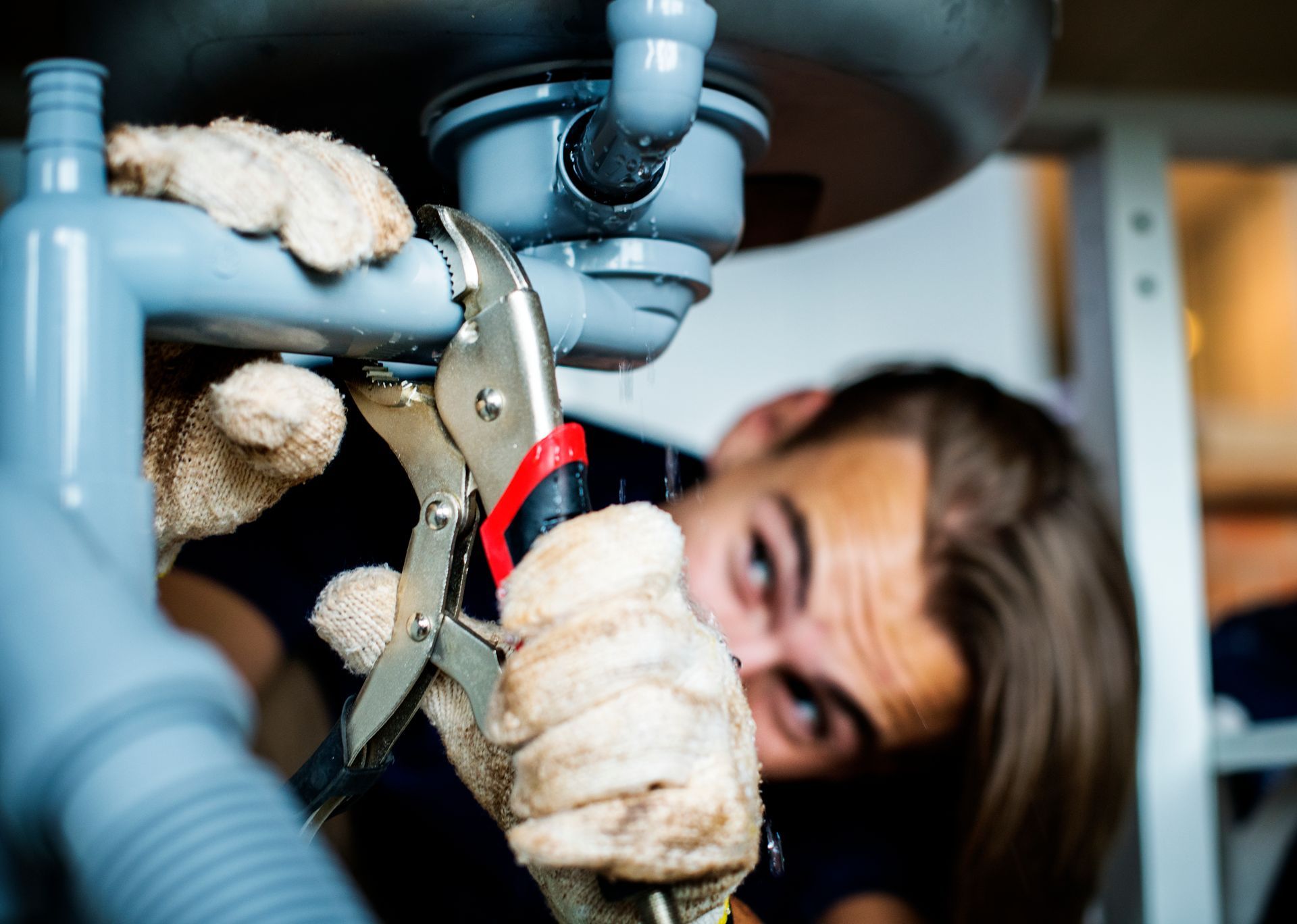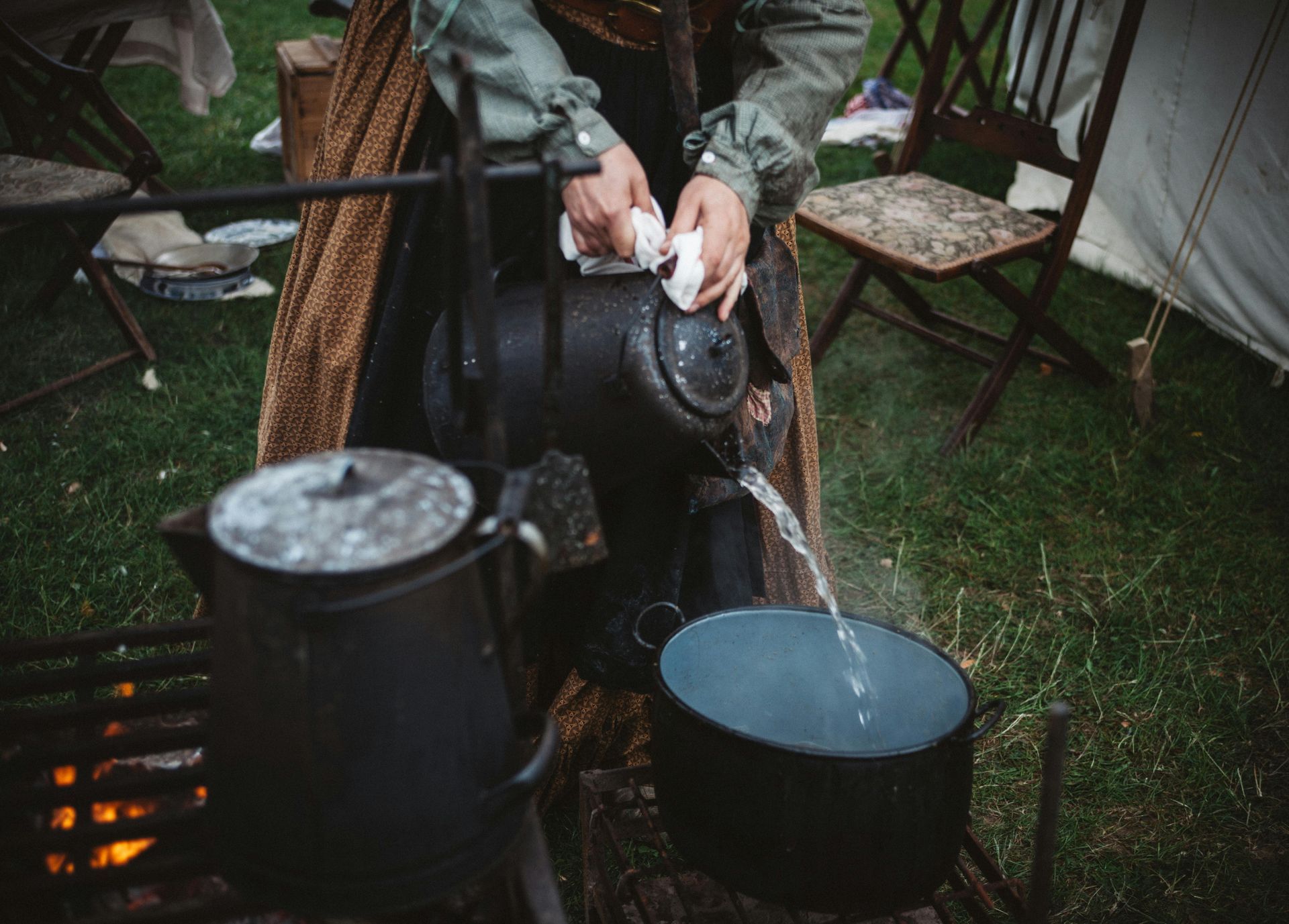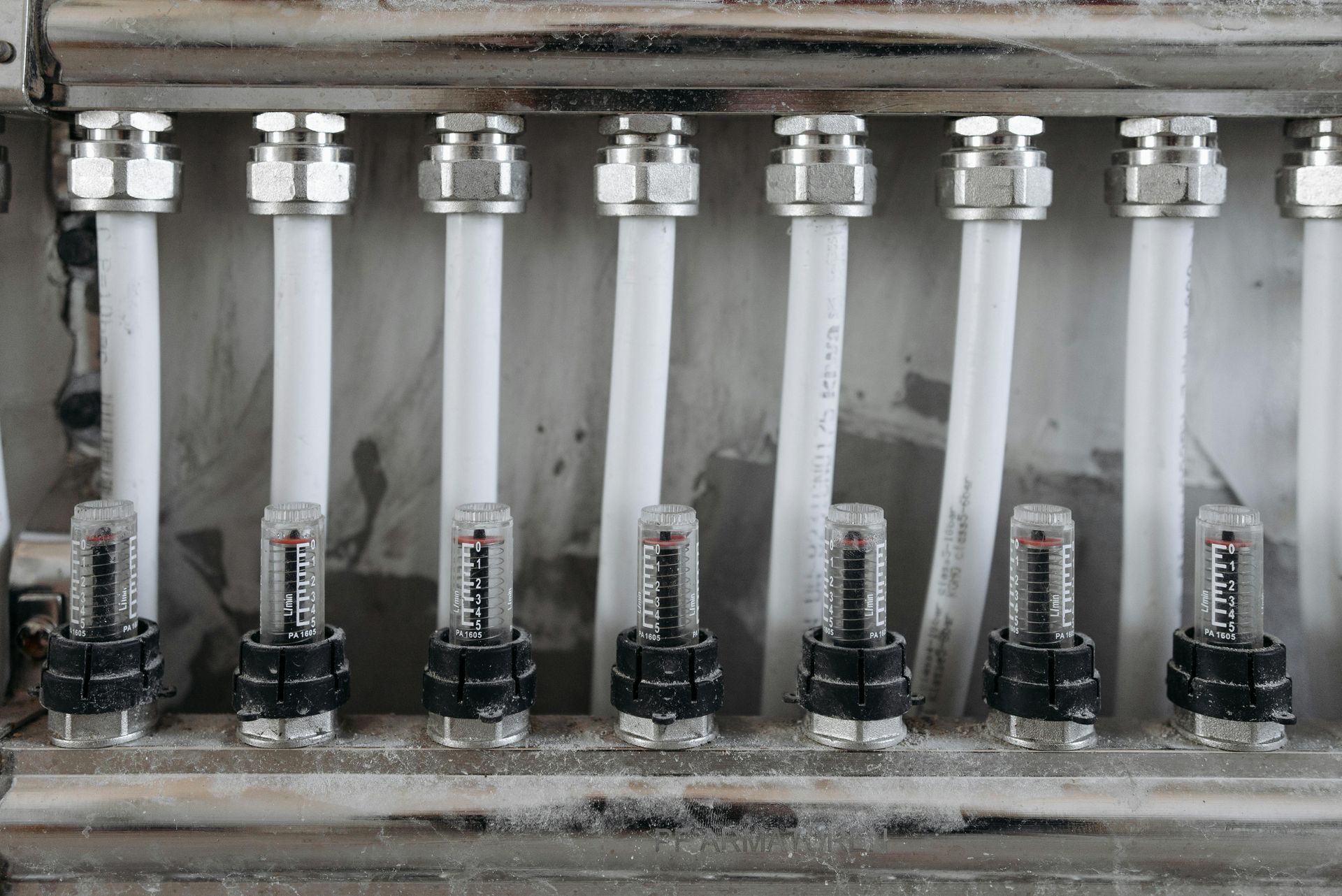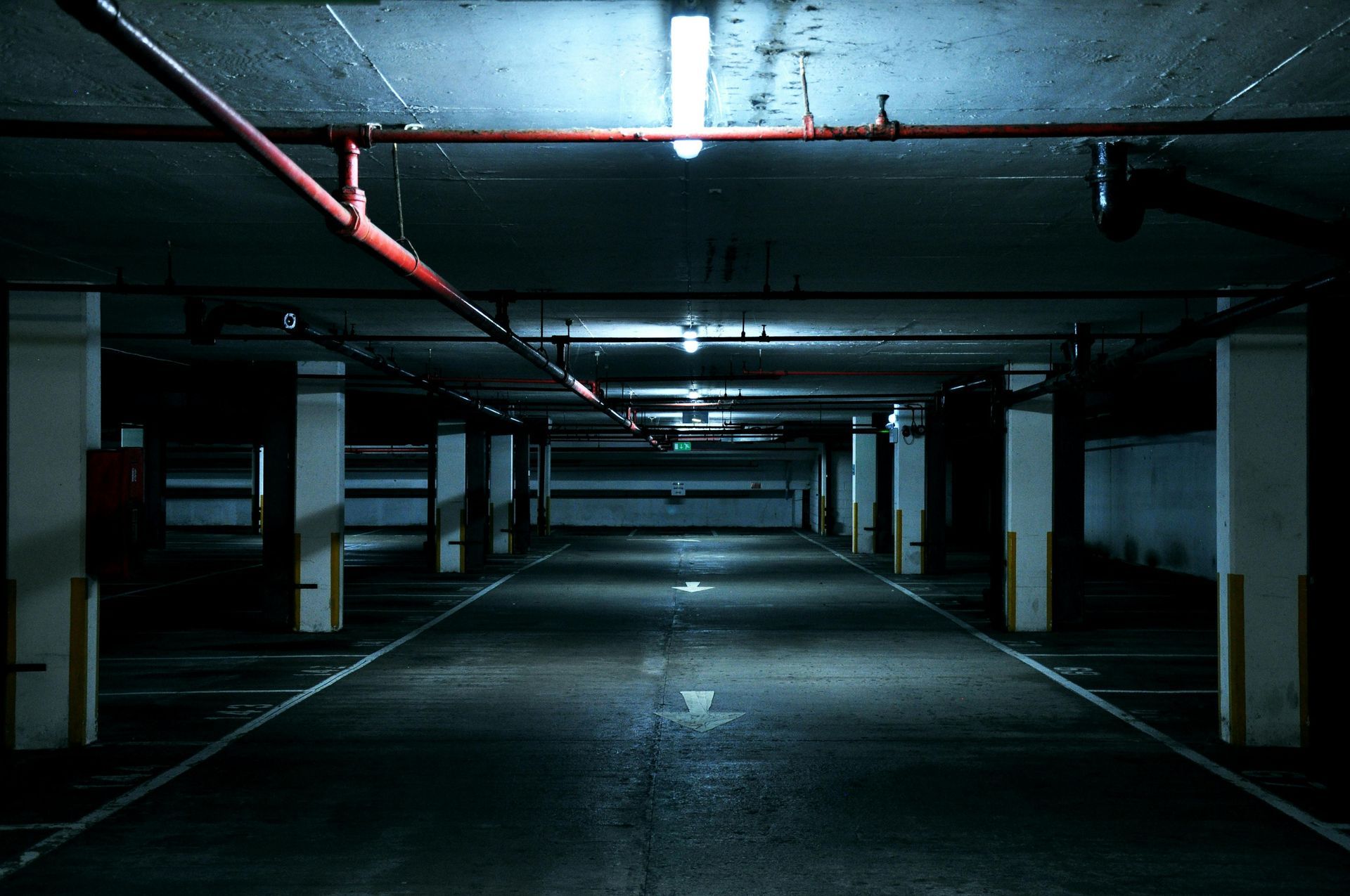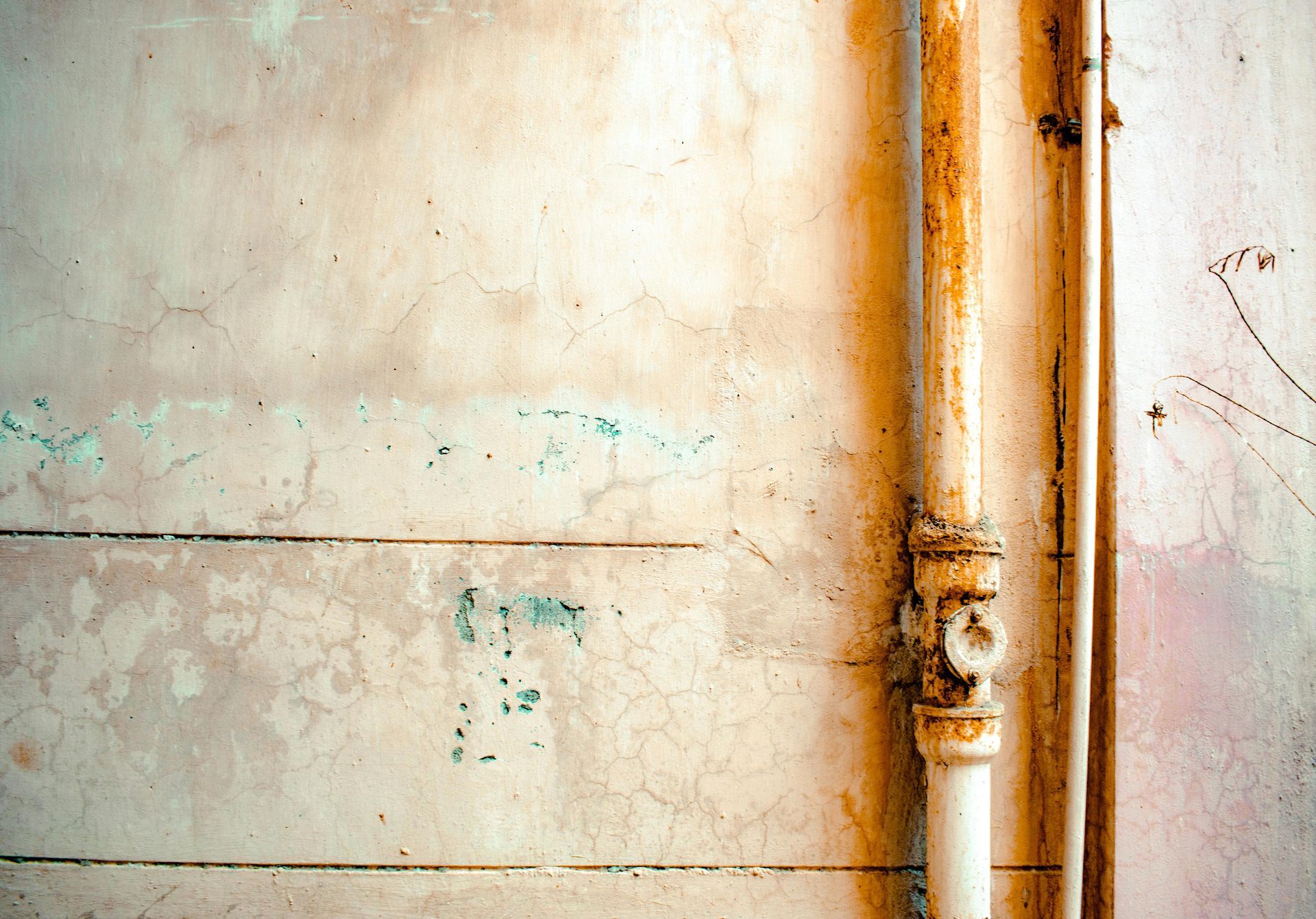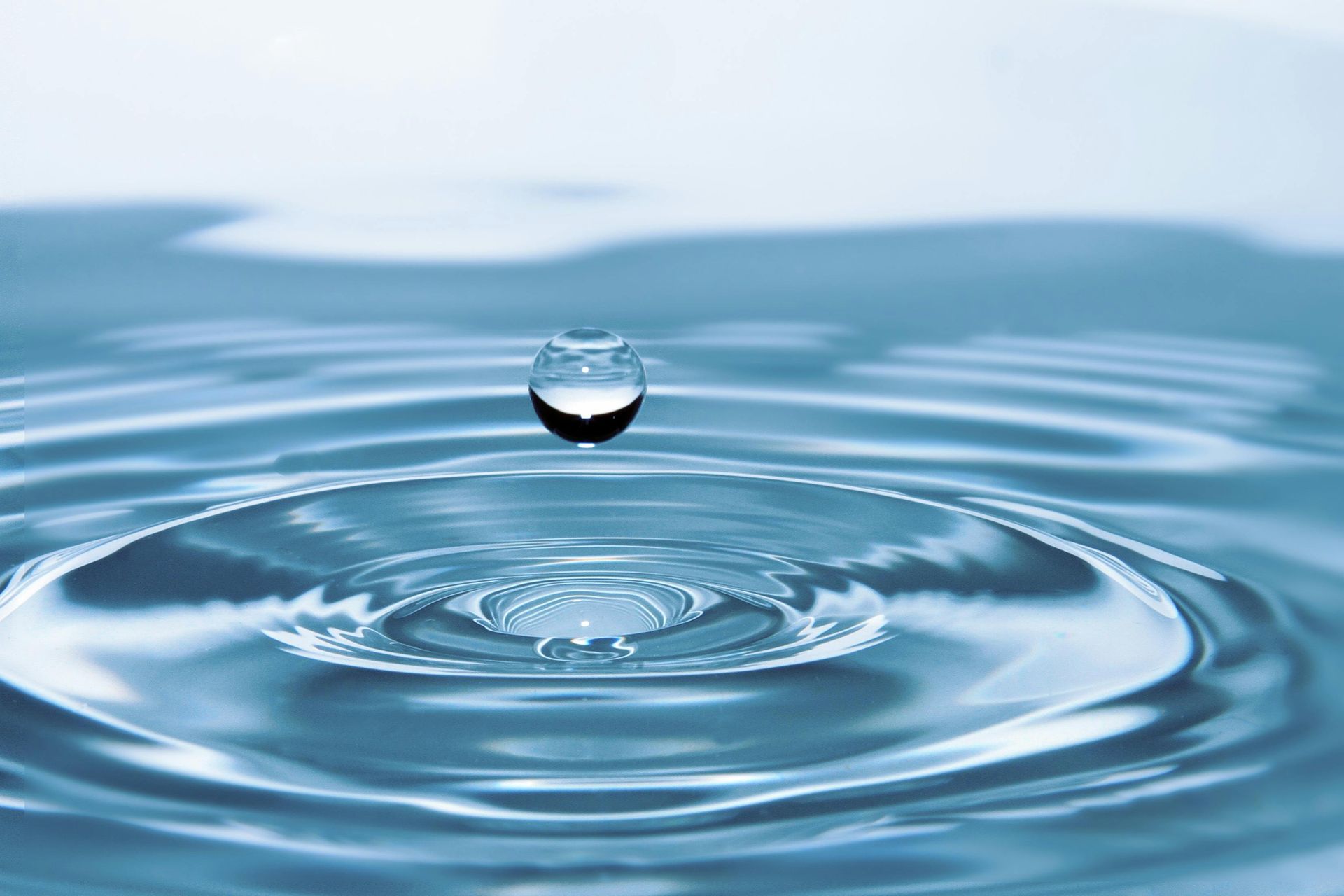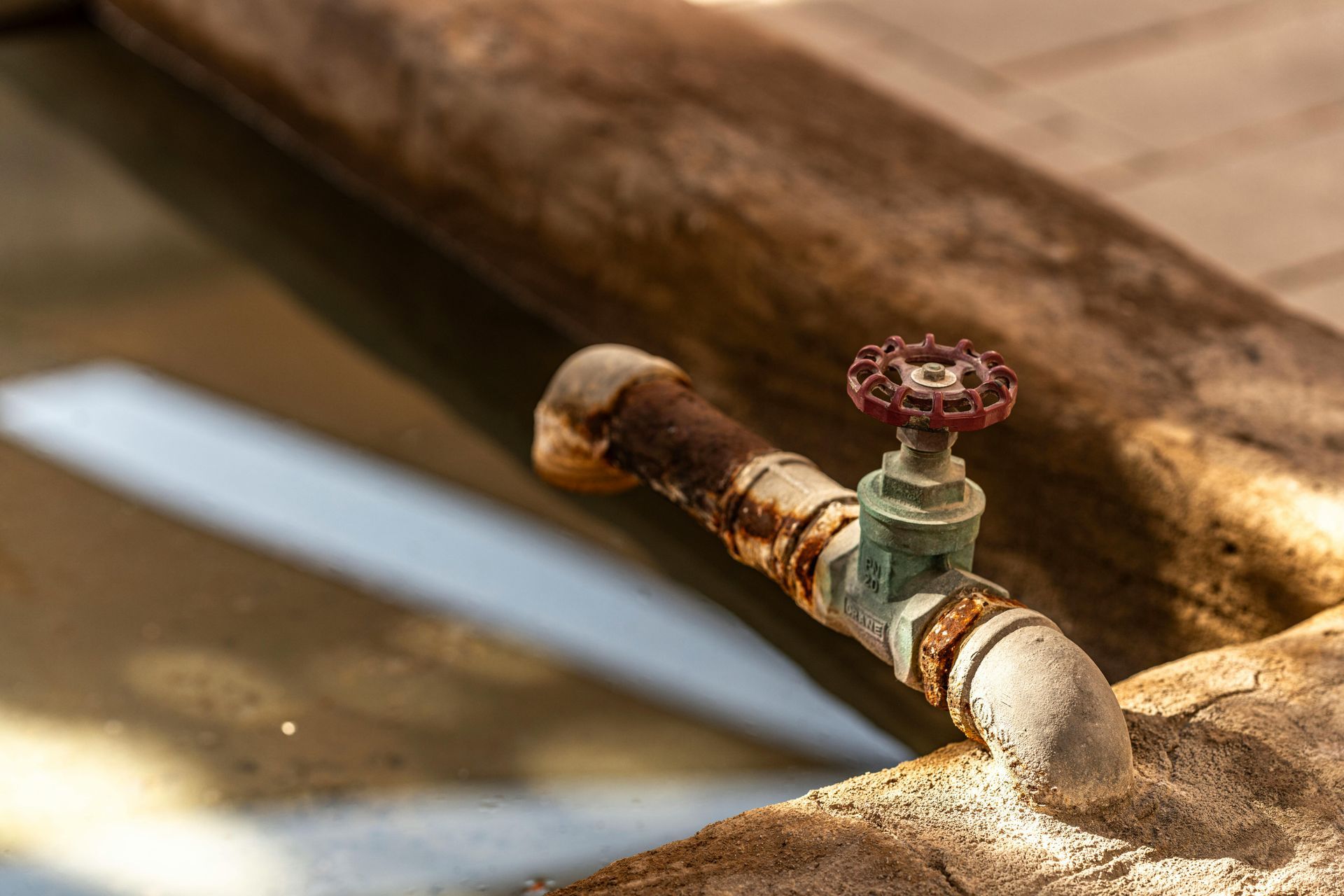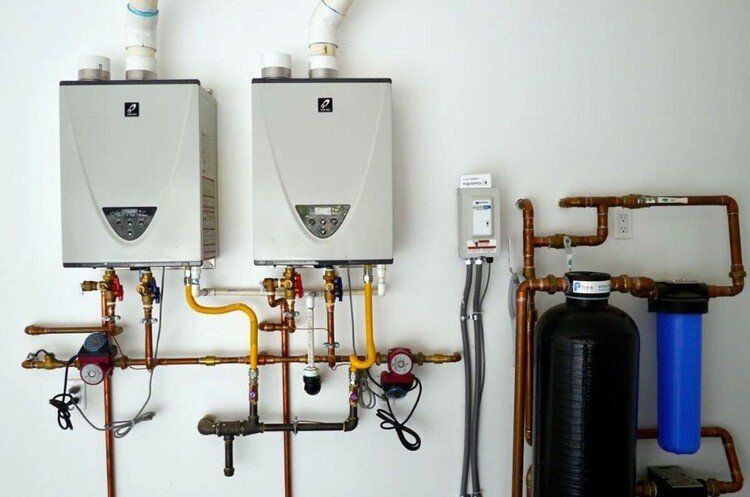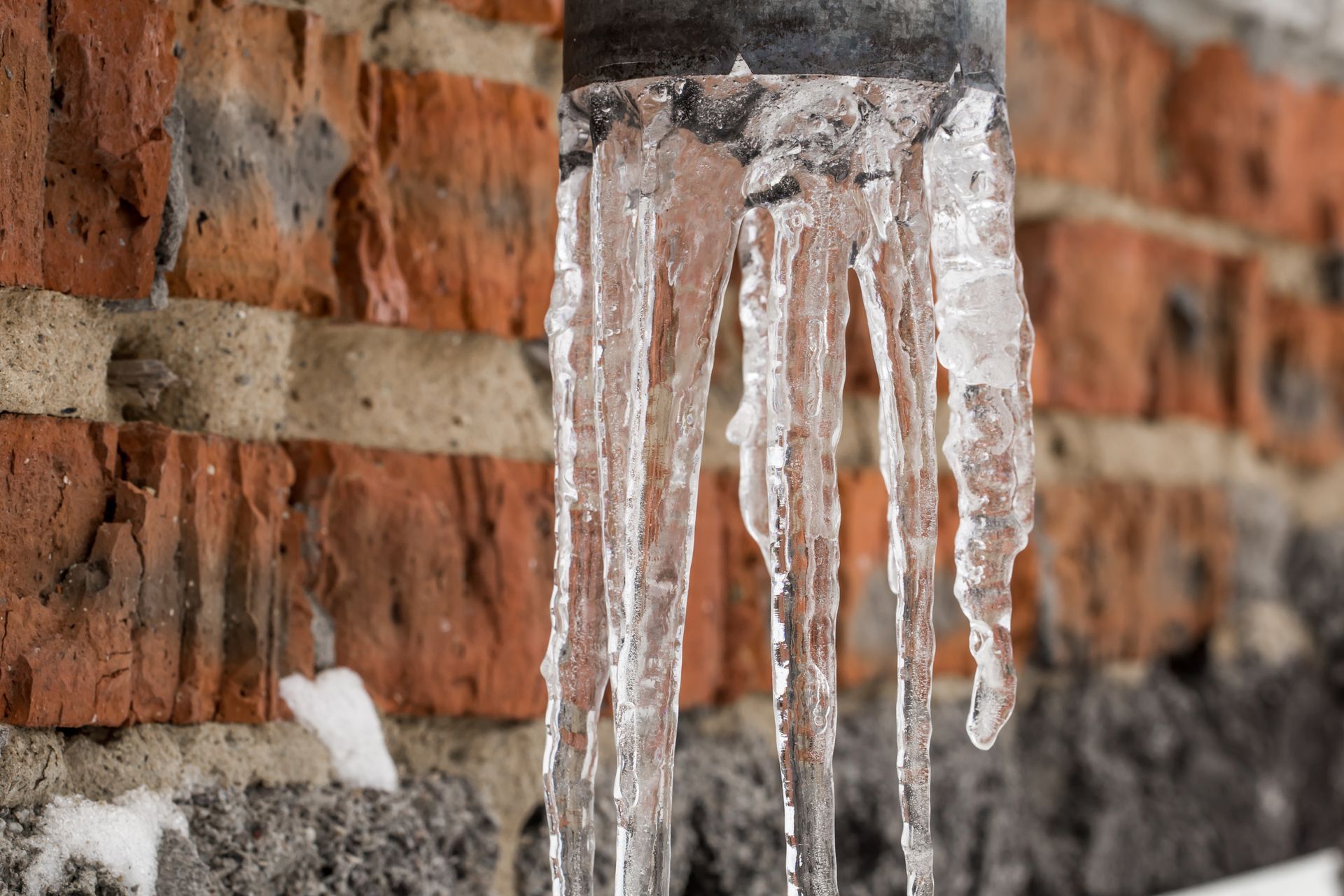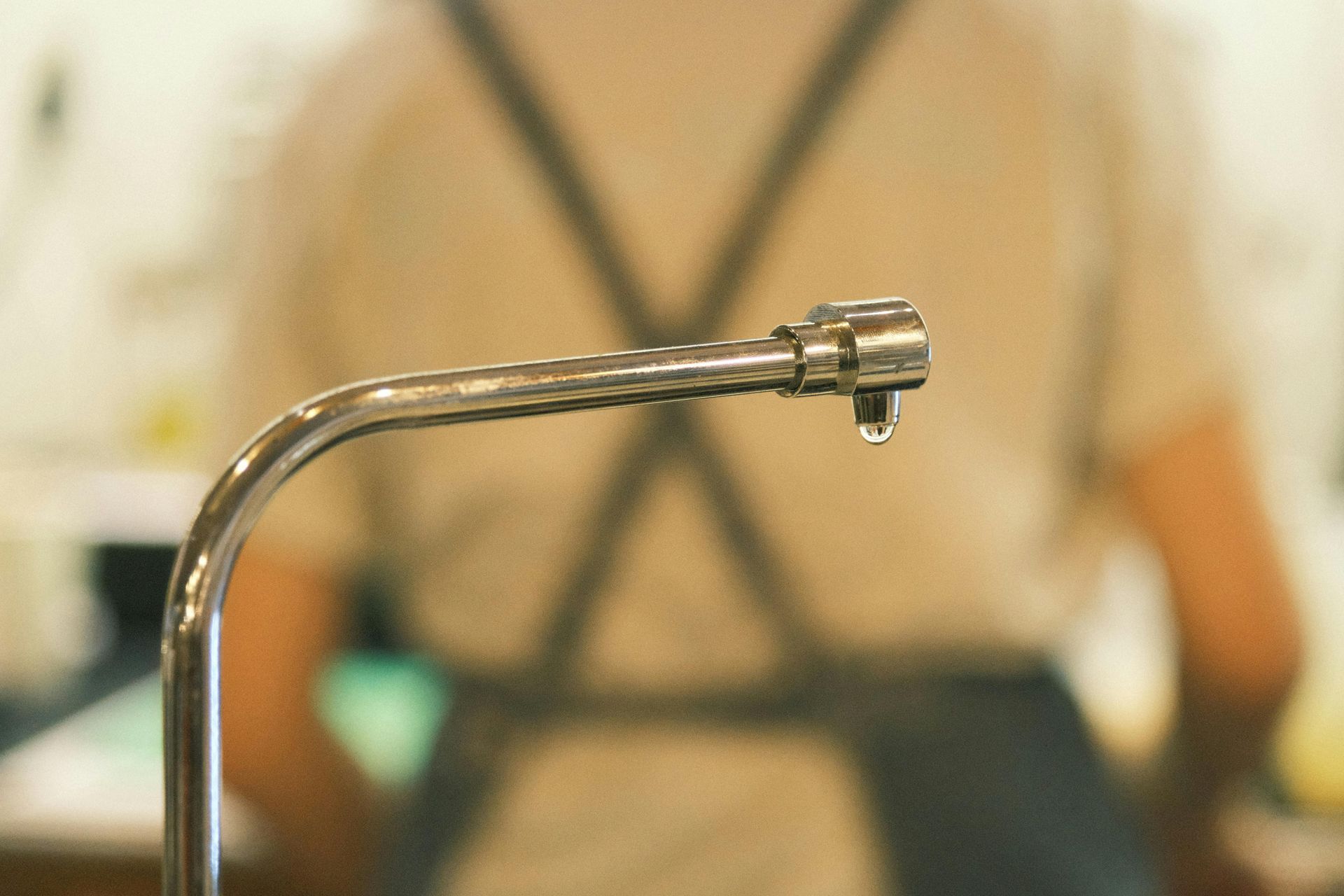Understanding the different types of drain clogs (grease, hair, soap)
Understanding the different types of drain clogs is essential for maintaining a healthy plumbing system and avoiding costly repairs. Drain clogs can arise from various substances accumulating in pipes, each type presenting unique challenges in terms of removal and prevention. Among the most common culprits are grease, hair, and soap, all of which can severely impact water flow and lead to backups if not addressed promptly. This article delves into each type of clog, explores why they occur, and emphasizes the importance of professional intervention by services like All City Plumbers for effective drain clearing and overall plumbing health.
Grease Clogs: A Hidden Menace in Your Pipes
Grease clogs are among the most stubborn and frequently encountered blockages in residential and commercial plumbing. These clogs arise primarily from the improper disposal of cooking fats, oils, and grease down kitchen sinks. When grease is poured down the drain, it may appear liquid initially but soon cools and hardens within the pipes, sticking to the inner walls and gradually narrowing the passage.
Over time, these accumulations trap other debris such as food particles, leading to significant blockages that restrict water flow and cause slow draining or complete stoppages. Kitchen sinks, dishwashers, and garbage disposals are particularly susceptible to grease clogs.
Dealing with grease clogs requires specialized tools and knowledge. While commercial drain cleaning products exist, they often offer temporary relief and may damage pipes if overused. Engaging experienced plumbers like All City Plumbers ensures a safe and thorough drain clearing process. Their expertise includes mechanical cleaning methods such as hydro-jetting, which can effectively dissolve hardened grease and restore full flow without harming your plumbing infrastructure.
Hair Clogs: The Common Culprit in Bathroom Drains
Hair clogs are a prevalent issue in bathroom drains, especially in showers, bathtubs, and sinks. Hair strands naturally shed during daily grooming routines, combining with soap scum and other residues to create dense, tangled masses that obstruct water flow.
Unlike grease, hair does not wash away easily because it tends to bind with other debris, forming thick mats that cling to pipe surfaces. These blockages are notorious for causing slow drains and unpleasant odors emanating from sinks or showers. Over time, hair clogs can lead to backflow issues or water damage due to overflow.
Removing hair clogs can be tricky since the mass often resides deep within the pipes. While there are drain snakes and chemical solutions marketed for this purpose, professional plumbers from All City Plumbers possess the equipment and experience necessary to perform meticulous drain clearing without risking pipe damage. They also provide preventive advice such as using drain guards and regular maintenance to mitigate hair clog buildup.
Soap Clogs: The Subtle Blockage
Soap clogs develop when soap residue, especially from bar soaps or certain detergents, combines with minerals in hard water or other organic matter to create a sticky buildup inside water pipes. This residue narrows the pipe diameter gradually, reducing water flow and contributing to slow drainage over time.
Soap scum can accumulate in bathroom sinks, tubs, and even washing machines, often unnoticed until it causes significant blockage. It may appear harmless, but persistent soap buildup can act as a bonding agent for other materials such as hair or dirt, creating compounded clogs difficult to eliminate.
Addressing soap clogs effectively involves mechanical cleaning techniques that flush out the buildup combined with preventive measures. Skilled plumbers can diagnose and troubleshoot these issues expertly, sometimes during visits for troubleshooting common hot water problems, since water temperature and flow can influence soap residue accumulation. Professional drain clearing ensures these clogs are entirely removed, restoring optimal water drainage and system health.
Why Professional Help Is Critical for Drain Clogs
While many homeowners attempt DIY solutions for drain clogs using chemical drain cleaners or basic tools, these methods frequently offer only temporary relief and can cause long-term damage. Pipes may corrode, joints loosen, or blockages worsen if not handled correctly.
Professional plumbing services, such as those provided by All City Plumbers, deliver comprehensive solutions tailored to the specific type and severity of clog present. Their technicians utilize advanced diagnostic tools to identify clog locations and causes accurately before employing appropriate clearing methods like snaking, hydro-jetting, or pipe inspection cameras to ensure the problem is fully resolved.
Moreover, professionals can combine routine maintenance and inspection services to prevent future clogs, saving homeowners from emergency drain clearing and unexpected plumbing failures. Their expertise extends beyond clearing blockages to addressing plumbing system optimization, which may include assistance with other issues such as upgrading water heating systems or troubleshooting common hot water problems, further improving overall home plumbing performance.
Conclusion
Understanding the differences between grease, hair, and soap clogs provides valuable insight into how these substances impact your drainage systems and why each requires specific attention and treatment. Since drain clogs can cause significant inconvenience and damage if left unaddressed, timely professional intervention is critical.
Enlisting expert plumbers like All City Plumbers ensures that drain clearing is conducted safely, efficiently, and in compliance with plumbing standards, preserving your home's water flow and overall plumbing health. Regular inspection and maintenance not only fix current issues but also protect your pipes from future clogging problems, contributing to a worry-free plumbing experience.

